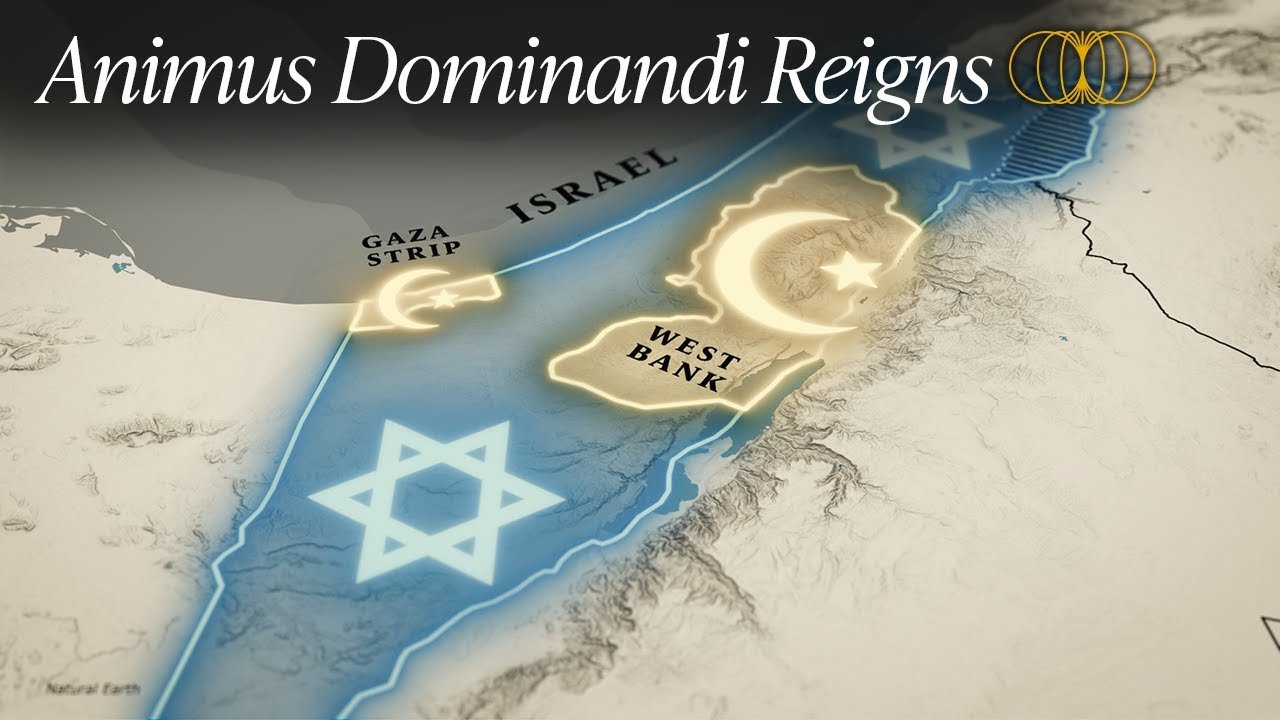- The fifth Arab-Israeli War represents a peak in the enduring conflict between Israelis and Palestinians, with significant implications for regional stability.
- Both Hamas and Israel are disregarding international laws, with actions on both sides contributing to a humanitarian crisis in Gaza.
- The conflict demonstrates the failure of the post-Cold War era’s promise of global peace and the flawed concept of a rules-based international order.
- Hamas’s tactics and Israel’s retaliatory measures highlight the changing nature of warfare, including the involvement of non-state actors and the use of asymmetric strategies.
- Geopolitical importance of the Levant as a strategic region is a key driver of the conflict, with both sides pursuing control over territory and resources.
- The ideological and religious underpinnings of the conflict underscore the deep-seated divisions between the parties involved.
- International reactions to the conflict, including potential involvement of external powers, may have far-reaching implications for global stability.
- The incident involving the targeted killing of World Central Kitchen volunteers by Israel has sparked international outrage, potentially shifting global sentiment and diplomatic relations.
- Economic factors and sanctions have limited impact on deterring aggressive behavior, as demonstrated by the persistence of conflict despite economic incentives for peace.
- The conflict’s evolution and the strategies employed by both sides reveal the complexities of modern warfare and the enduring nature of ideological confrontations.
“Channel tackling global issues from the fields of geopolitics, international relations, economy, technology, which shape the world of today.”
Official website: patreon.com/gtbt
Original video here.
This summary has been generated by AI.

Leave a Reply